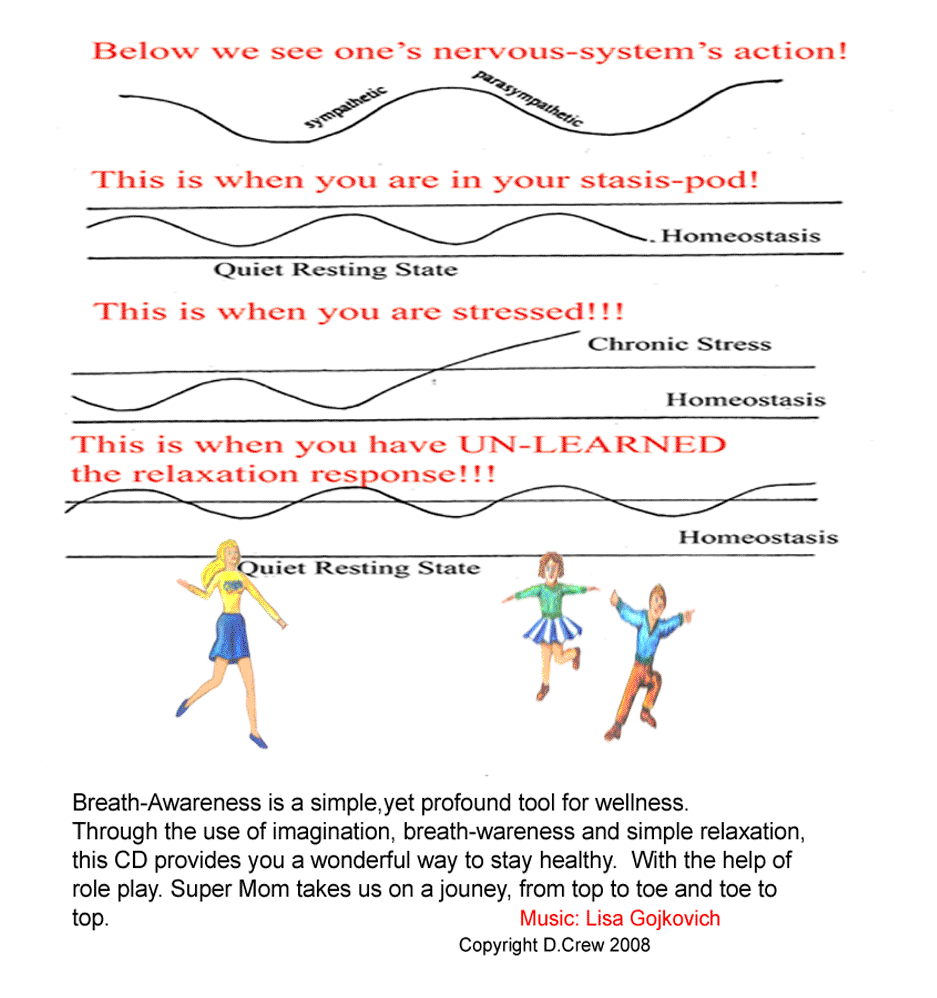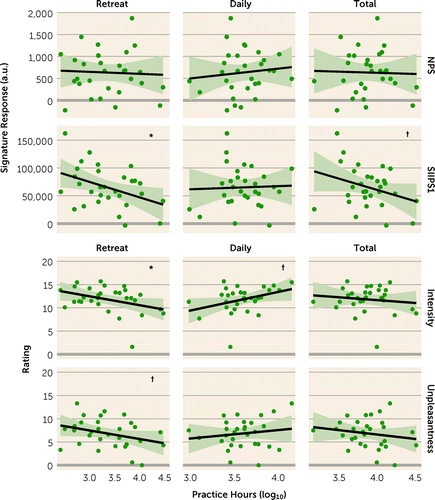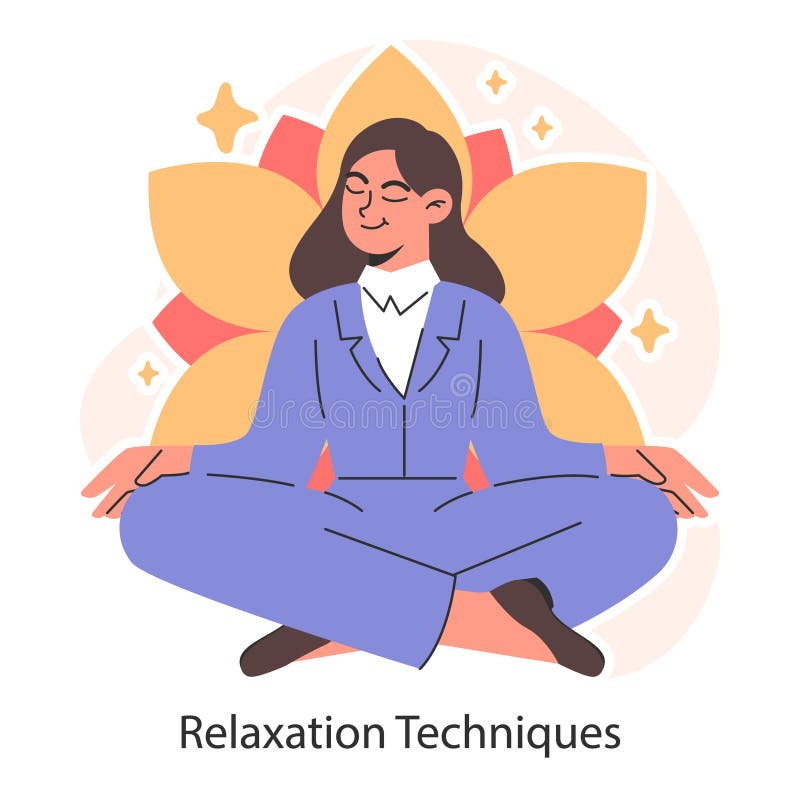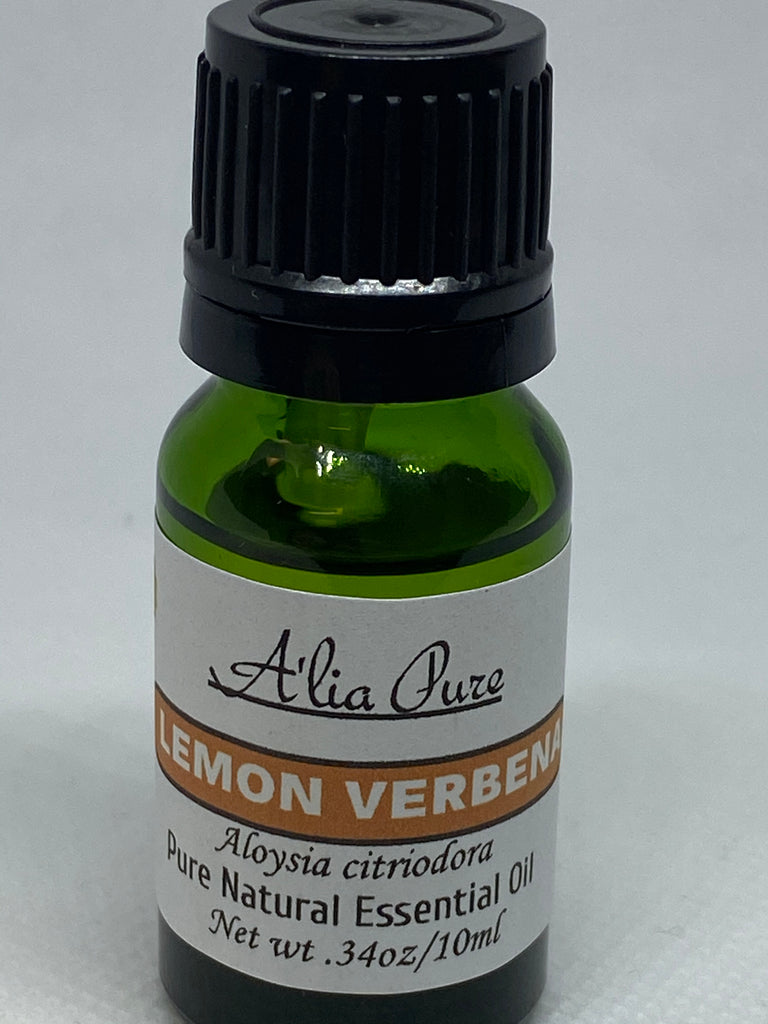
Relaxation response proves positive — Harvard Gazette
Relaxation-response techniques, such as meditation, yoga, and prayer, could reduce the need for health care services by 43 percent, according to a Harvard-affiliated Massachusetts General Hospital study that looked at participants in a relaxation-response-focused training program.

The Relaxation Response

Slowly evolving dopaminergic activity modulates the moment-to-moment probability of reward-related self-timed movements
Roberta Goldman's Instagram, Twitter & Facebook on IDCrawl

The effects of acute aerobic exercise on inhibitory control and resting state heart rate variability in children with ADHD

The New S7B/E14 Question and Answer Draft Guidance for Industry: Contents and Commentary - Darpo - 2021 - The Journal of Clinical Pharmacology - Wiley Online Library

Dr Ashley Whitford (@whitforddc) / X

PDF) Mattering and Anti-Mattering in Emotion Regulation and Life Satisfaction: A Mediational Analysis of Stress and Distress During the COVID-19 Pandemic

Sedentary behavior is associated with reduced cardiovagal baroreflex sensitivity in healthy adults

Reaction to Response: the Study of Emotion Regulation at the Brain, Emotion and Behavior Lab

The Quebec chronicle, samedi 29 octobre 1921

Neural Signatures of Pain Modulation in Short-Term and Long-Term Mindfulness Training: A Randomized Active-Control Trial









